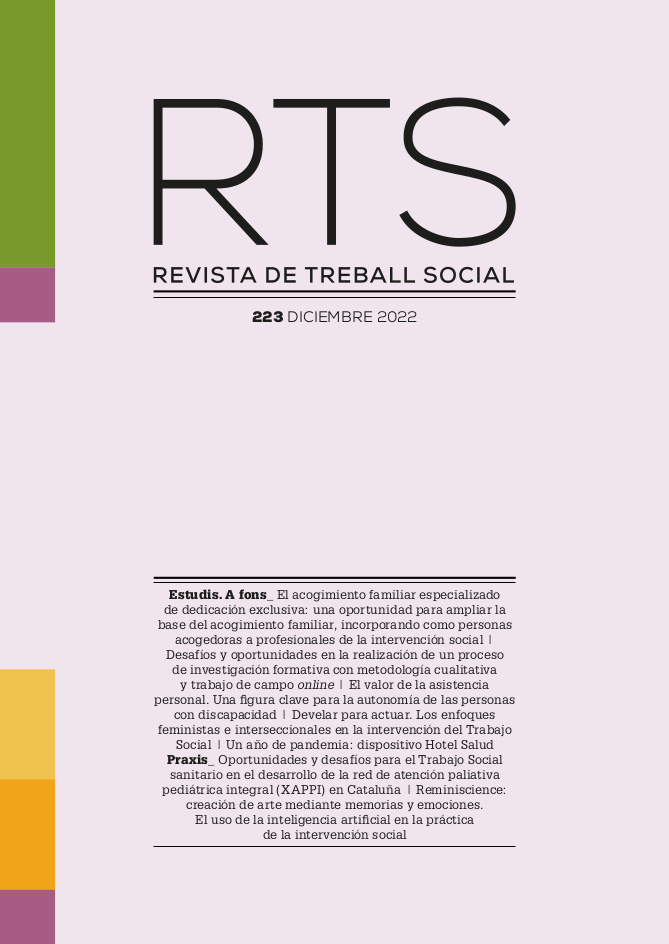This paper seeks to analyse and describe the formative research process carried out on the context of the academic subject “Ethnographic Design”. It involved important challenges and opportunities since it was unfeasible to conduct face-to-face fieldwork on account of the COVID-19 pandemic; therefore, the work was performed online.
Based on formative research on the coping strategies and the impacts felt by university students during the lockdown imposed due to the COVID-19 pandemic, this paper aims to describe and analyse the aforementioned methodological experience without examining the research findings in any more depth. Firstly, field introduction, compilation of information and data analysis are described. Subsequently, the role of the researchers and the challenges and opportunities encountered during the process are also addressed.
In this case, the students on the academic subject “Ethnographic Design” established themselves as researchers and, at the same time, felt first-hand the experiences of those who took part due to the fact that they are also students of social work. This all contributed to the formative research process, since it enabled them to place themselves in two fundamental perspectives in any research process; namely, those of the participant and the researcher.
Among the main challenges, mediation of technology was determined as obscuring interaction and hindering perception of non-verbal communication. In addition, absence of privacy at home was experienced by the participants who were interviewed/took part in focus groups. Nevertheless, online research posed a number of key opportunities, including overcoming the distance barrier, reducing costs and benefitting from a highly varied selection of technological tools.





